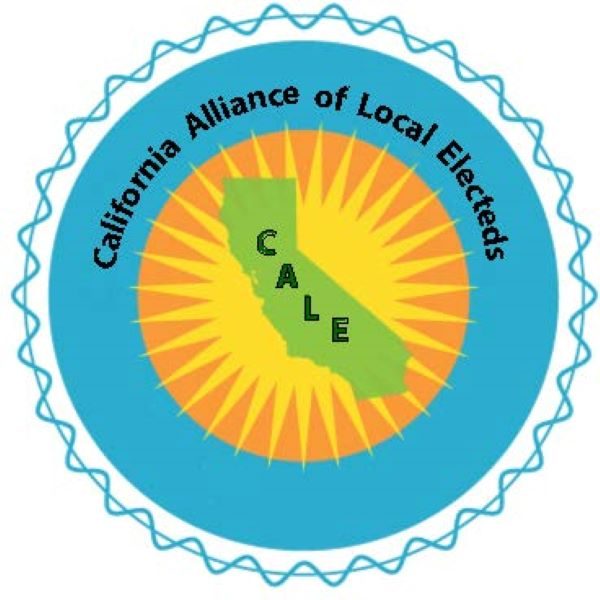
CALE’s Housing Issues for Cities include:
• RHNA is unrealistically high
• Over-concentration of jobs and housing in limited urban areas
• Too much market rate construction and too little affordable
• Jobs / housing imbalance is a problem within cities and regionally
• Cities do not have the funds to accommodate high rates of growth
• Homelessness is problematic
• Systematic undermining of CEQA harms our jurisdictions
State Housing Legislation Issues
• State housing legislation is creating issues for cities
• Bills blame cities for not creating housing without recognizing that developers, not cities build housing
• Bills assume increasing density creates affordability – the opposite is true
• Bills do not provide state funds to help cities pay for the impacts of increasing density
• Bills are applied one-size fits all across the state’s many different cities and towns.
• Bills take local authority over land use away from our local electeds and hand it over to developers and unelected bureaucrats.
• We seek to educate legislators on how they are making our jobs exceedingly difficult

Teleworking Solutions
• CALE sees teleworking and broadband connectivity as having major advantages across the state:
• Saves worker’s and companies money
• Reduces the need for costly office and parking • • expansion projects
• Reduces traffic congestion
• Reduces city office zone congestion
• Relieves over-burdened transit systems, many of which are at maximum capacity and can’t afford expansion
• Reduces commute times, providing people more time and an improved quality of life and family time.
• Reduces greenhouse gas emissions and climate change.
• Reduces housing demand in dense urban areas, possibly mitigating rent increases. While a benefit to all, this would allow service workers to move closer to their jobs.
Constitutional Initiative
Two of our mayors have written constitutional initiatives. One that we favor requires land use subsidiarity. It could be submitted for the 2022 ballot.
The hurdle is money. Mounting statewide initiatives costs tens of millions.
CALE will closely monitor progress toward an initiative.
RHNA
• RHNA allocations are unrealistically high and unattainable goals
• State legislation is weaponizing RHNA against cites
• RHNA must be returned to a cooperative planning process
• RHNA should not be a “tool” used in legislation against the interest of cities.
• We seek to simplify and improve RHNA
• Constitutional Initiative
• Two of our mayors have written constitutional initiatives. One that we favor requires land use subsidiarity. It could be submitted for the 2022 ballot.
• The hurdle is money. Mounting statewide initiatives cost $10’s of millions.
• CALE will closely monitor progress toward an initiative.
